Following wide consultation, the I.S.U. has produced a Joint Declaration on Action for Wild Marine Fisheries. The motivation for the Declaration came from the observation that there is often more agreement on how to reform fisheries than is generally believed to be the case. Through signalling that there is indeed broad consensus on the opportunity of more sustainable fisheries management and the ways to achieve this goal, it is hoped that the Declaration might play a small part in helping to build the confidence, energy and partnerships necessary to achieve the scale of change required.
We are very grateful to the large and diverse group of fishing organisations, companies and non-governmental groups that have signed up to the I.S.U.’s Joint Declaration on Action for Wild Marine Fisheries.
|
Among the many benefits that humankind derives from the seas and oceans, the catch of wild fish makes vital contributions to economic development, food security and livelihoods. The catching, processing and sale of fish supports some 200 million jobs and has been estimated to generate around $274 billion dollars of GDP, while contributing to the health and food security of people worldwide, in both developed and developing countries. There is therefore a tremendous opportunity both to maintain and expand these benefits.Wild fisheries are sustained by complex ecological systems which as well as the production of fish bring other benefits. These include the coral reefs upon which so much tourism is founded, and the coastal mangroves which store carbon and protect property and life from inundation by the sea.Some fisheries are managed sustainably and others are recovering. However, about 30 per cent are in decline or have collapsed. We believe it is both possible and essential to reverse the decline of these wild fisheries. Improving fisheries management would protect jobs and food security and substantially increase the economic value of the sector. It would also increase the resilience of fisheries in the face of future challenges, including the impacts of climate change, ocean acidification, and pollution. Several broad areas for action have emerged as a result of recent research, analysis and discussion. We identify several priorities.Fisheries must be managed at levels of fishing effort consistent with long-term sustainable yields, in accordance with sound scientific advice. Furthermore, the management of fisheries is inseparable from the ecosystems in which they reside. If achieved in smart and collaborative ways, approaches based on the management of entire ecosystems, underpinned by the best available science, could add significantly to the benefits we derive from the marine environment. We therefore see value in taking a holistic ‘ecosystem-based’ approach toward fisheries management. All stakeholders have roles to play in this process.
Several tools have already proved effective in achieving the robust management needed for more sustainable fisheries. These include rights-based management, more selective fishing gear, a culture of compliance, better and more transparent data collection, effective monitoring and enforcement and an awareness of marine spatial considerations. All of these and other measures can be combined in different ways to achieve robust fisheries management based on good information. We believe that improved collaboration between stakeholders in the identification and implementation of transition strategies using existing tools could rapidly deliver significant benefits. Sustainable fisheries are profitable fisheries in which good management is rewarded by good livelihoods, dignified employment and strong communities. That is why sound economics must underpin sustainable fishing. Sound economics must create positive incentives for robust management so as to achieve long-term sustainability while at the same time making short-term unsustainable practices less attractive. Critical for success at all levels is the empowerment and participation of fishers. We urge all stakeholders to work in partnership with those who take to the seas in search of the fish which provide society with such an important and healthy source of food. There are many opportunities for positive change, at the level of specific fisheries, at the regional level and internationally. And while the aims outlined here may be challenging to implement, we are ready to collaborate in finding workable solutions, and to take these through the transition from good ideas, to consensus and then to action. |
 |
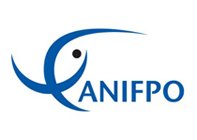 |
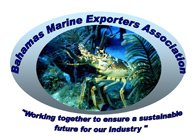 |
 |
 |
 |
 |
|
 |
 |
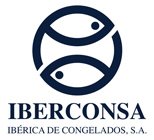 |
|
 |
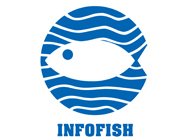 |
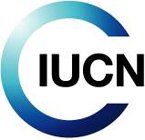 |
 |
 |
 |
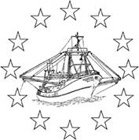 |
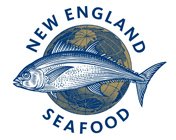 |
 |
 |
 |
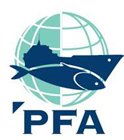 |
 |
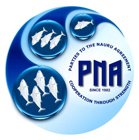 |
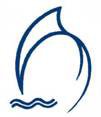 |
 |
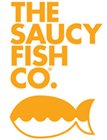 |
 |
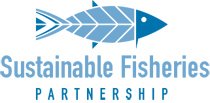 |
|
 |
 |
 |
|
 |
 |
 |
 |
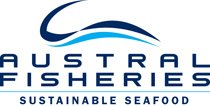 |
 |
 |
|
 |
 |
||
 |
 |
 |
|
 |
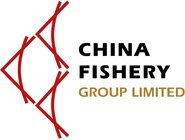 |
 |
 |
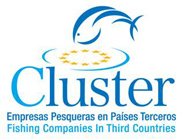 |
 |
 |
|
 |
 |
 |
|
 |
 |
 |
 |
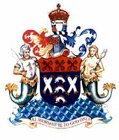 |
 |
 |
 |
 |
 |
 |
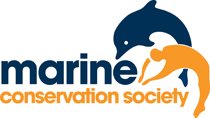 |
 |
 |
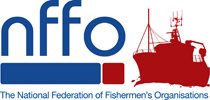 |
 |
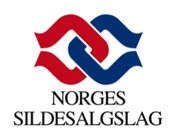 |
 |
 |
|
 |
 |
 |
 |
 |
 |
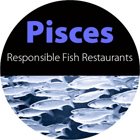 |
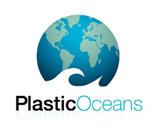 |
 |
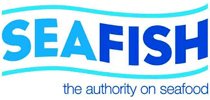 |
 |
|
 |
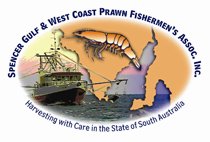 |
 |
 |
 |
 |
 |
|
 |
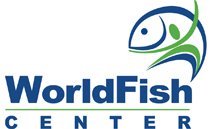 |
 |
 |
 |
|
 |
|
 |
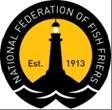 |
Bakau Fishermen and Target Beneficial Association
Barinoff Courageous Fisheries
Eastern Yokosuka Fisheries Cooperative Association
Fisheries Post Harvest Processors Association
GAMFIDA
Gunjur Artisanal Fishermen Association
Gunjur Badala Hajo Jarra Women Kafo
Kanagawa Prefectural Federation of Fisheries Cooperative Associations
Pesquera Ancora
Tanji Fisher Folks Association
Nyiumoi Kafo-Gunjur Village
Yokohama City Fisheries Cooperative Association


